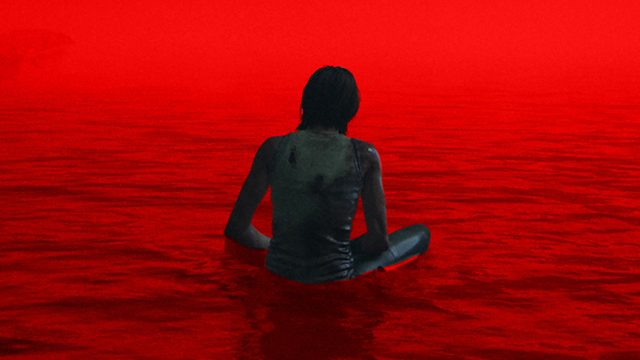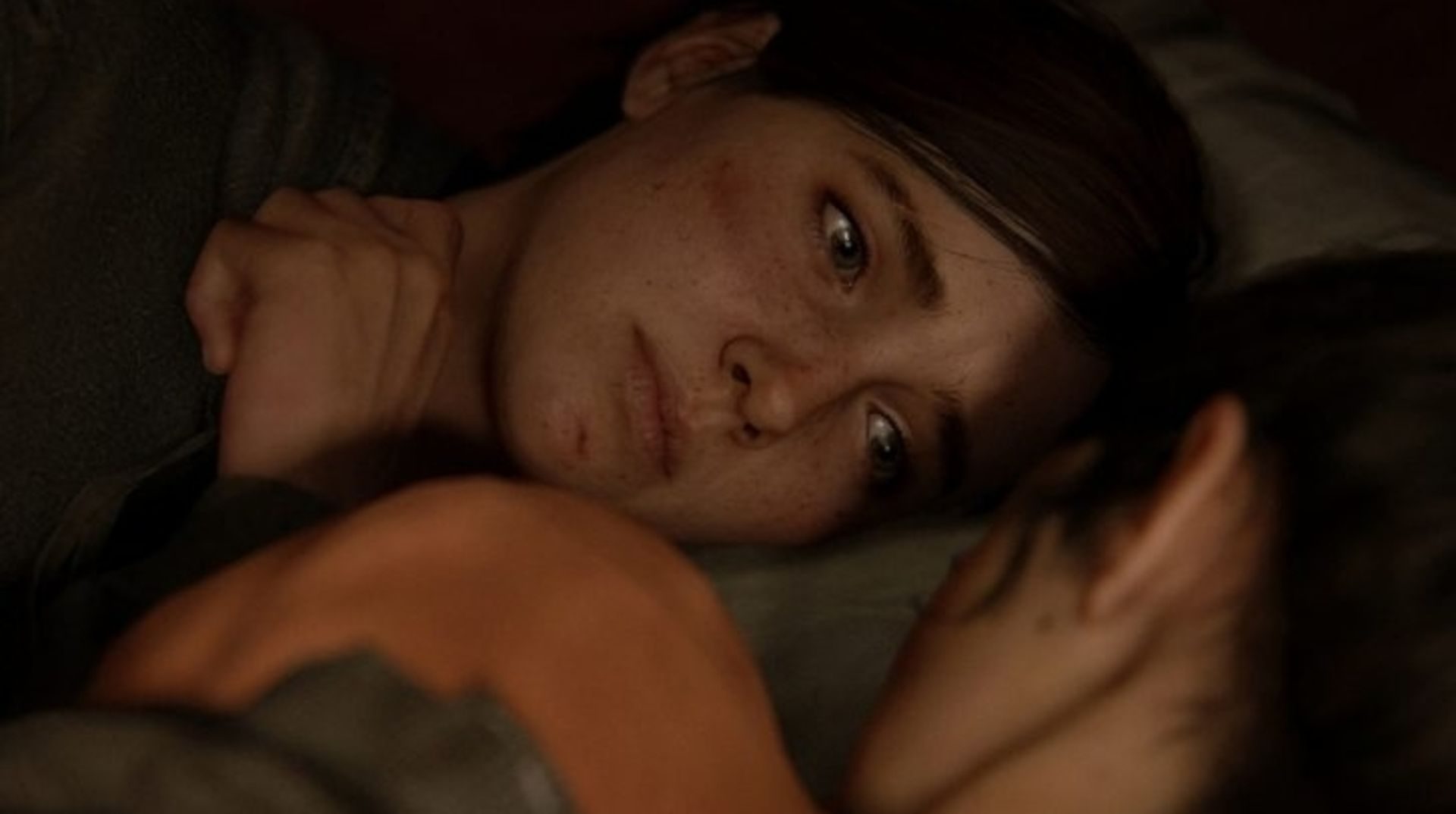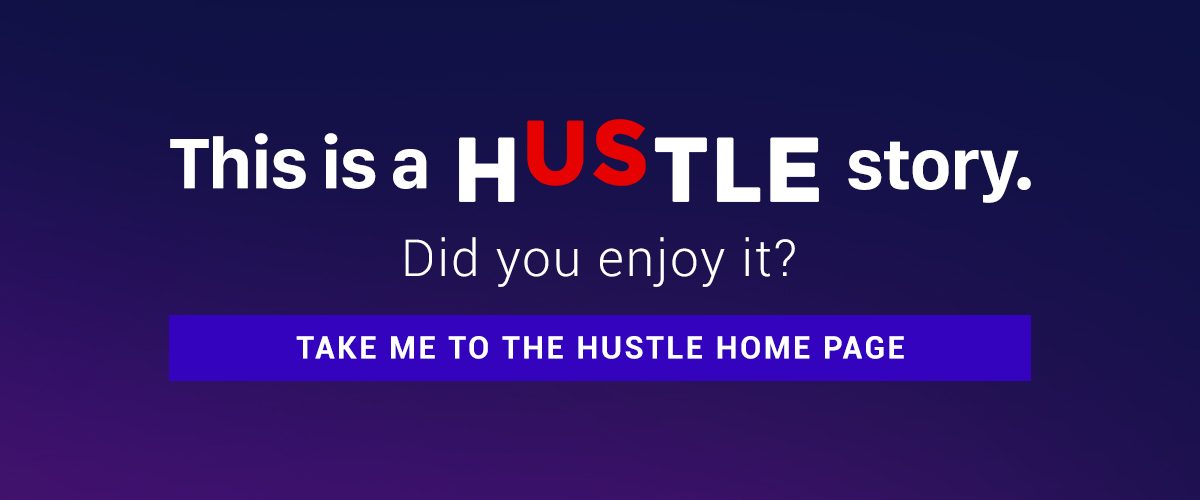SUMMARY
This is AI generated summarization, which may have errors. For context, always refer to the full article.

(SPOILER ALERT: Major spoilers ahead. You can read our spoiler-free review here.)
For what was supposed to be the PS4’s swan song, its last revered title before welcoming the next generation of consoles, The Last of Us Part 2 became a game embroiled in controversy.
Two months before it was due to hit stores, massive leaks went up online, detailing critical scenes from the game. Born of their unchecked entitlement, toxic (mostly cisgender male) fandom soon jumped on the hate wagon, reducing the then-unreleased title to plot points that, to them, were hugely upsetting and “disrespectful to real fans.” These mainly came in two forms: 1) bigoted reactions at the queer characters at the center of its story and 2) uproar at the decision to kill the beloved protagonist of Part 1, Joel (Troy Baker), early in this sequel.
Other issues about the gaming industry writ large also got brought up, from how normalized crunch time has become in game design at the expense of employees, to the debate of whether games today are way too long (IMO they aren’t). And, of course, when the game actually came out, there was still (as there should be) a lot of polarized takes from both fans and professional critics who actually played the game.
Below is a tweet from Laura Bailey showing the threats she has received for playing Abby, the second female lead who kills Joel. Warning: disturbing language.
Man. I try to only post positive stuff on here… but sometimes this just gets a little overwhelming. I blacked out some of the words cuz, ya know, spoilers.
Side note. Thank you to all the people sending me positive messages to balance it out. It means more than I can say.❤️ pic.twitter.com/kGyULWPpNu
Just as gaming site Polygon described it, all these issues made discussing The Last of Us Part 2 a “minefield” to navigate. Even in my own social circles, I’ve witnessed fellow Filipinos share the outrage at the supposed “fan disrespect.” I’ve also had level-headed conversations with friends unsatisfied with story beats. These include the choice not to let this game’s central character, Ellie, enact revenge in the game’s climax, and the sudden character switch in the middle of the game. Others found it “nihilistic” and “grimdark for shock value’s sake.” There have also been those that brought up the longstanding critique of video games called “ludo-narrative dissonance” – or the contradictions between its gameplay and story.
However, I’d argue that the game was never meant to be a satisfying experience. The Last of Us Part 2 was never meant to be just about gameplay or story. Instead, all these supposed pain points are intended to contribute to a more significant challenge, a social experiment even.
By engineering emotional turmoil – enough that others may opt-out of playing altogether – The Last of Us Part 2 questions our ability to empathize and, eventually, forgive. It’s this messiness, this inability to be boiled down to a simple “would you rather” question makes The Last of Us Part 2’s equally frustrating as it is too real. And to me, this makes The Last of Us Part 2’s message all the more powerful.
Withholding the catharsis of revenge
The Last of Us Part 2 is aware of what makes a satisfying narrative, and it goes to lengths just to break that structure and leave players hanging.
Just a bit of a recap, The Last of Us Part 2 takes place 25 years into global pandemic after the real-world Cordyceps fungi jumped species and decimated humanity by turning the infected into mindless, rabid “zombies” (for the lack of a better term). The first game, released in 2013, introduced us to Joel (Troy Baker), a smuggler who lost his daughter on “Outbreak Day.” He gets tasked to transport Ellie (Ashley Johnson), an orphaned teen uniquely immune to the fungi, across the US at the chance that she might prove useful in manufacturing a vaccine. Across the journey, Joel and Ellie form a surrogate father-daughter bond.
The Last of Us left a mark not only because of its heartfelt performances and the emotional beats of Joel and Ellie’s journey but also because of its morally-complex ending. In it, Joel chooses to murder innocent doctors after learning that the only way to a vaccine involves extracting the mutated fungi entangled in Ellie’s brain, in effect, killing her. After the rescue, Joel then lies to Ellie, saying a cure was never possible.
The Last of Us Part 2, packaged as a revenge story, deals with the ramifications of this decision. This time, you are in control of Ellie, as she travels hundreds of miles in pursuit of the person who murdered Joel in Part 2’s opening hours. However, after about 30 hours of gameplay, as mentioned earlier, the story ends with Ellie’s choosing to forego revenge, freeing Joel’s murderer Abby. Many conversations online express how the laborious and time-consuming journey to avenge Joel’s death feels all for naught – disappointing, given how Joel is such a beloved character.
Traditionally, revenge narratives follow a simple structure. An evil deed is committed, the protagonist goes on a quest for retribution, and, finally, vengeance is taken. Theorist William Ian Miller proposed the backbone of revenge narratives is how they take viewers from a place of “indignation and outrage at a wrong – via fear and loathing of the wrongdoer – to a sense of satisfaction of having the wrong righted on the body of the wrongdoer.”
Furthermore, Miller states that revenge narratives work because protagonists are built as noble heroes, acting out their sense of justice even beyond obstacles, even if it meant breaking the law. To him, this claim to justice is the appeal of an “avenger” in revenge stories.
The Last of Us Part 2 eschews these narrative structures, closer to how contemporary Korean cinema plays with the theme of revenge in films like Oldboy and I Saw the Devil:
- Vengeance is never actualized, with Ellie forgiving Abby; and
- Ellie herself is never lionized in the story. Instead, her quest is depicted as corrosive, consuming her physically and emotionally, as she becomes a murderer arguably worse than Abby (we’ll discuss this more later). This culminates in her murder of a pregnant woman and, on another occasion, her threatening the life of a sleeping, defenseless teen in her bloodlust – two archetypes in fiction depicted as inherently innocent.
By not following the formula, players are robbed of catharsis – the emotional core of revenge fantasies – and in effect, satisfaction. Because of this, things feel out-of-tune.
On conflicted feelings and forgiveness
The Last of Us Part 2 is not the revenge story it bills itself to be. Instead, it’s anti-revenge, a treatise on empathy and the radical act of forgiveness amid a great transgression. Revenge was merely the set-up.
Toxic fandom would bill this as false advertising. But for The Last of Us Part 2 to keep its narrative potency, it had to keep its cards close to its chest and misdirect. As the popular gaming review Youtube channel “Girlfriend Reviews” put it, “if you are as mad, as sick, and as heartbroken, then congratulations, you are now Ellie.”
The opening scenes eliciting outrage is a deliberate attempt at setting you on the same warpath as Ellie, a woman who was forced to watch her surrogate father’s murder. You, now caring, being deeply affected, is created shared trauma between character and player that sets up for The Last of Us Part 2’s true gamble. A third into the game, you are made to walk in Abby’s shoes, replaying the first 3 chapters of the game – roughly 10 hours in length – from Abby’s perspective.
Abby’s backstory is gradually revealed. We learn that her father is the lead surgeon murdered by Joel to save Ellie in the first game. You witness the fallout of her killing Joel, with her being shunned by her friends before their subsequent deaths at the hands of Ellie. Ultimately, her story becomes one of redemption, with her caring for a teen from an enemy, not unlike Joel’s redemption in his care for Ellie.
This journey as Abby contextualizes the apparent ludo-narrative dissonance of the game’s earlier levels, where you had to “enjoy” the gamification of Ellie’s carnage. The contradiction contributes to a transformative experience that is the cornerstone of the whole game. The Last of Us Part 2, is ultimately a litmus test on players’ capacity to navigate their conflicted feelings, surpass their biases, and, ultimately, whether they will agree with Ellie’s choice to forgive Abby.
The game at its core is not about gratification, but reflection and reconsideration. It takes the moral complexity of its predecessor’s final act and deepens by slow-releasing emotional turmoil across a 30-hour runtime. If, along the way, you feel uneasy about your actions. Then that itself is what Naughty Dog seeks to accomplish.
Equally frustrating and real
According to a study conducted by the American University in 2014, fans are left dissatisfied when fictional characters die and leave them unresolved emotions. When a character’s death offers closure, there tends to be a more positive reception. However, what is life but a collection of open-ended questions, of experiences without any sense of closure?
The same reasons that make The Last of Us Part 2 frustrating for many are the same reasons that make it all real. The criticism levied at it ranges from the aforementioned ludo-narrative dissonance and its nihilism to specific story decisions – such as characters not examining their vindictiveness and how a revelation that Ellie and Joel reconciled before his death supposedly undercuts an assumed lack of closure fueling Ellie. (As Roby Zacny of Vice phrased it, “That final conversation with a departed loved one that we all wish we got a chance to have? Ellie actually had it…”)

But this messiness, the contradictions, they all speak of the arbitrary nature of human behavior. I understand how Ellie can choose to leave idyllic farm life behind and still pursue vengeance against Abby, even if Abby spared her life in the preceding scene. We may not reach the same murderous levels (and, hopefully, we never do so), but we’ve all experienced the itch that cannot be scratched that is a bruised ego. (Malcolm Gladwell writes about this in his essay “The Culture of Honor.”)
It is also human to relapse, remain unapologetic while on a bender, and then, at a flip of a switch, contradict everything and be repulsed by everything you just did (as seen, ironically, in Bojack Horseman). Reconciliations don’t also constitute closure, as the regret of not having spent more time with a loved one – especially if that supposed time spent feels unjustly robbed – will always be maddening for those in grief. And, lastly, who’s to say that a decision is out-of-character or not? Recollections in that split-second between thinking and doing can change the course of our actions.
“Fantasy and sci-fi have that ability of being able to show some very real, very disturbing things to a wide audience, but under the guise of escapist entertainment,” said film and TV critic Emil Hofilena in an interview with Underdog about fiction consumption under a pandemic.
But what if fiction doesn’t provide an escape, but instead shines a black mirror and asks you to confront your contradictions? Amid a global pandemic, and with divides and tribalism at an all-time high, I can’t blame those who feel robbed of their chance at lashing out at an enemy. I can’t also fault those who feel exhausted by the game’s seemingly endless bleakness either.
But between, peeking through the cracks, there’s this ambition to breach the artifice. It preaches a message that forgiveness is never too late to still choose to end a fight even though there’s no light easily in sight. (In Ellie’s case, with all that’s waiting for her are severed fingers and an empty house). It is a message that’s messy and flawed, and the experience is not always satisfying, but somehow it’s hopeful and profoundly human. – Rappler.com
Add a comment
How does this make you feel?


There are no comments yet. Add your comment to start the conversation.